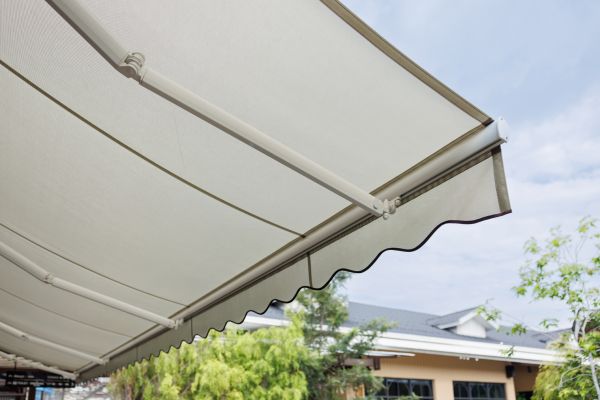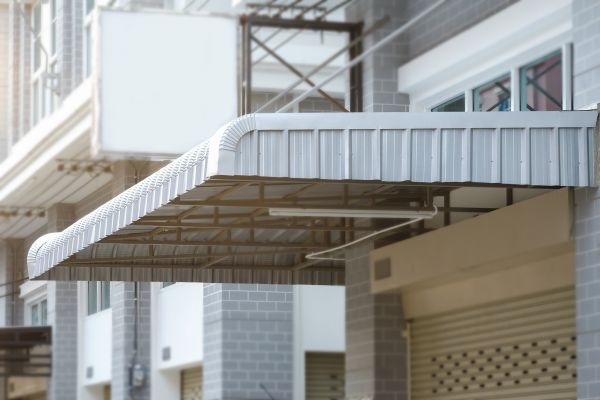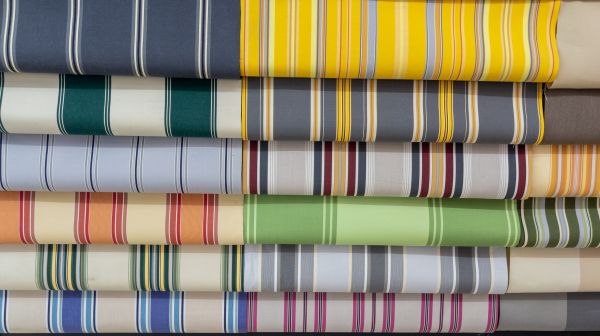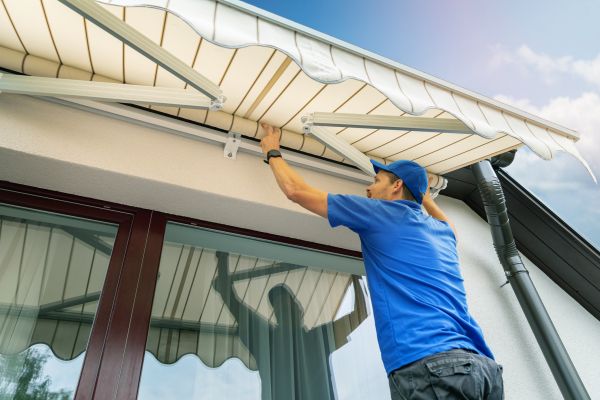Awning Sealing Service
Affordable Awning Sealing
Awning sealing is a crucial maintenance task that involves applying a protective sealant to the surface of an awning to prevent water penetration and damage. Over time, exposure to the elements can lead to wear and tear, causing leaks and deterioration. Sealing helps preserve the awning's integrity, enhancing its lifespan and maintaining its aesthetic appeal. By creating a barrier against moisture, awning sealing also prevents mold and mildew growth, which can compromise the material and pose health risks. Regular sealing is an essential part of awning care, ensuring that it remains functional and visually appealing for years to come.
Benefits of Awning Sealing
-
Extended Longevity
Sealing an awning significantly extends its lifespan by protecting it from harsh weather conditions. The sealant acts as a shield, preventing water, UV rays, and debris from causing damage. This proactive measure reduces the need for frequent replacements, saving time and resources in the long run. -
Enhanced Appearance
A sealed awning maintains its vibrant colors and clean appearance. The protective layer prevents fading and staining, ensuring that the awning continues to complement the building's aesthetic. This enhancement in appearance can improve curb appeal and create a welcoming environment. -
Improved Durability
By fortifying the awning against environmental stressors, sealing adds an extra layer of durability. This protection helps the awning withstand heavy rain, strong winds, and temperature fluctuations, reducing the risk of tears and damage. -
Mold and Mildew Prevention
Sealing creates an impermeable barrier that inhibits the growth of mold and mildew. These fungi not only degrade the material but can also pose health hazards. Regular sealing keeps the awning safe and hygienic, promoting a healthier outdoor space.
FAQs About Awning Sealing
What types of awnings can be sealed?
Most types of awnings, including fabric, vinyl, and metal, can benefit from sealing. The appropriate sealant varies depending on the material, so it's important to choose the right product for effective protection.
How often should awning sealing be done?
Sealing should be performed at least once a year, although the frequency may vary based on environmental conditions and the material of the awning. Regular inspections can help determine when resealing is necessary.
Can I seal my awning myself, or do I need professional help?
While DIY sealing is possible, professional sealing ensures that the correct products and techniques are used for optimal protection. Professionals have the expertise to address any underlying issues and provide comprehensive care.
What are the signs that an awning needs resealing?
Signs include visible water stains, fading colors, mold growth, and leaks. If the awning material feels damp or sticky after rain, it may be time to consider resealing.
Take action today and fill out the contact form to request Awning Sealing. Enjoy the benefits of extended longevity, enhanced appearance, improved durability, and mold prevention with professional awning sealing services.




